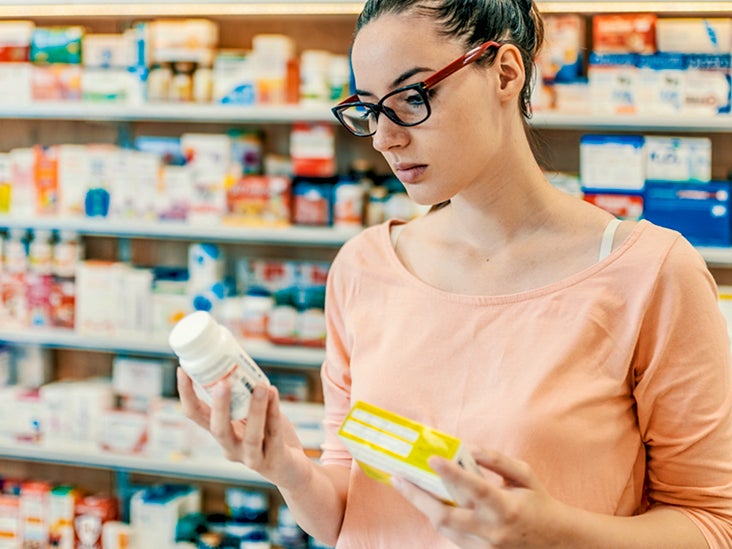Medically reviewed by Alan Carter, Pharm.D. — Written by Crystal Raypole on March 21, 2019
Probiotics have become increasingly popular in recent years. You might already eat a lot of probiotic foods, such as yogurt or kimchi, or take a daily probiotic supplement to reap their potential benefits.
Your body, especially your digestive system, naturally contains probiotics, which are beneficial bacteria. There’s a balance in your body between helpful bacteria, or probiotics, and potentially harmful bacteria. Disruptions to this balance may contribute to a range of health conditions.
In recent years, some experts have turned their attention to a special group of probiotics, sometimes called psychobiotics. These bacteria could potentially help to treat a range of mental health conditions, including depression, and boost your overall mood.
How do they work?
You might wonder how bacteria known for promoting digestive health can have an impact on mental health symptoms. Many experts believe there’s a strong connection between your gut, which refers to your gastrointestinal tract, and your brain.
This connection is called the gut-brain axis (GBA). It links your central nervous system, which includes your brain and spinal cord, to your gastrointestinal tract.
Experts believe microorganisms living in your gut, including probiotics, play a crucial role in the GBA by:
- producing and expressing neurotransmitters that can affect appetite, mood, or sleep habits
- reducing inflammation in your body, which can contribute to depression
- affecting cognitive function and your response to stress
It’s unclear how probiotics carry out these functions, but a 2015 research review suggests the GBA may be the “missing link” in our understanding of depression and its causes. More research is underway on this topic.
What does the research say?
Existing research on probiotics for depression and other mental health issues is largely promising, but many of the existing studies are very small. This makes it hard to know just how effective probiotics are for depression.
Existing research
Results of a small 2017 study suggest the probiotic Bifidobacterium longum NCC3001 may improve quality of life and reduce symptoms of depression in people with irritable bowel syndrome.
In a small 2016 study, people with major depression took a probiotic supplement containing three bacteria strains for eight weeks. At the end of the study, most had lower scores on the Beck Depression Inventory, a common method of evaluating depression symptoms.
A 2017 research review looking at how probiotics affect symptoms of depression found that taking a daily probiotic supplement seemed to help with symptoms of both depression and anxiety.
Probiotics also seemed to work best when used in conjunction with other treatments, including medication and psychotherapy.
The authors of each of these studies generally agree that larger trials are needed to further explain how probiotics can affect symptoms of depression and other mental health conditions.











